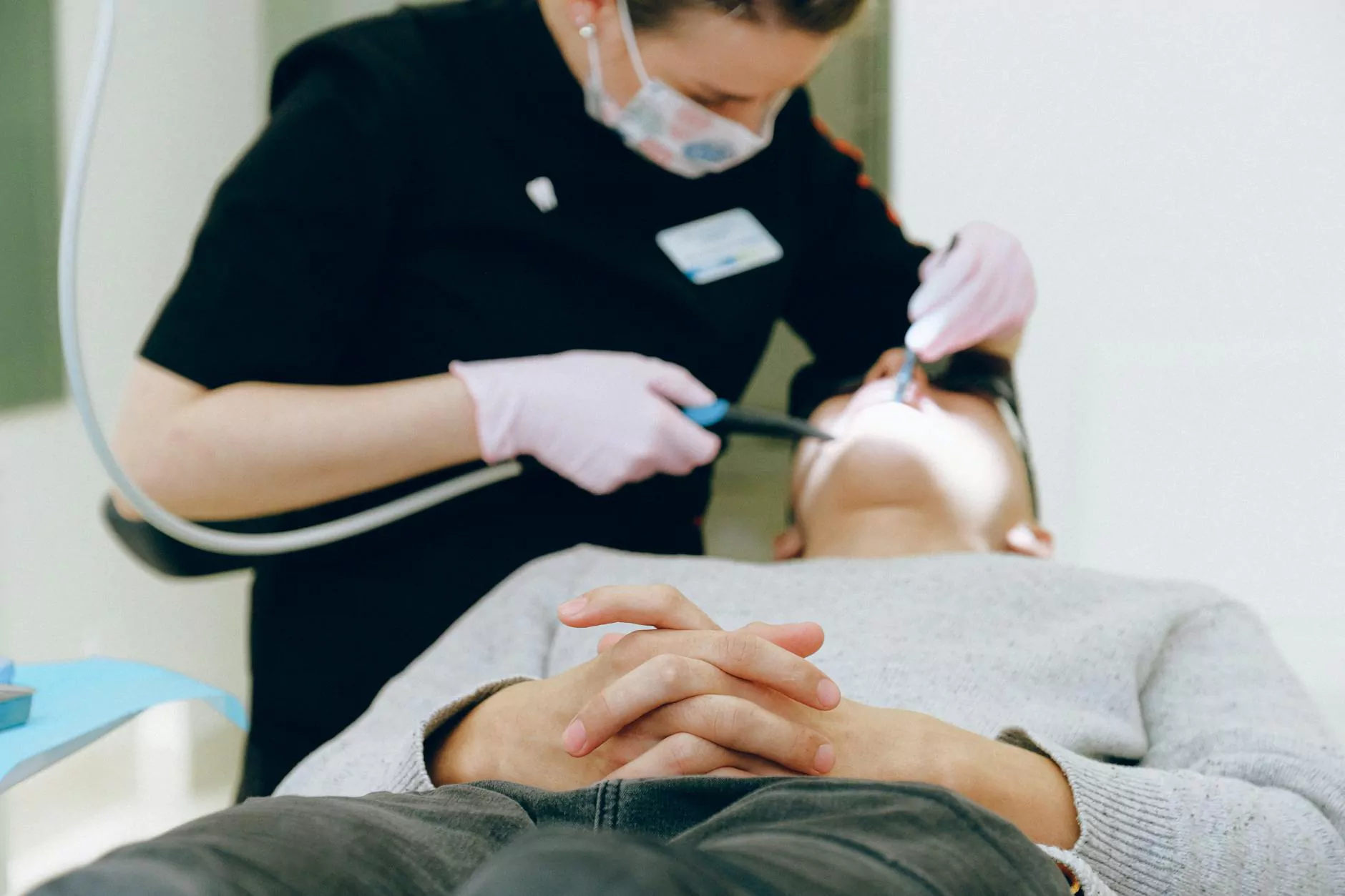PALS Certification NYC: Your Comprehensive Guide to Certification and Benefits

Cardiopulmonary resuscitation (CPR) and emergency response techniques are vital skills for healthcare professionals, particularly those who work with pediatric patients. Among the many certifications available, PALS Certification (Pediatric Advanced Life Support) stands out as one of the most essential for those in the medical field. If you are seeking PALS certification in NYC, you are in the right place. This article provides an extensive overview of what PALS certification entails, the benefits of becoming certified, and how to navigate the certification process in New York City.
Understanding PALS Certification
PALS certification is a specialized training program designed for healthcare providers who respond to emergencies in pediatric patients. This program teaches participants how to recognize and respond to life-threatening emergencies in children and infants. Certification is critical for doctors, nurses, paramedics, emergency medical technicians (EMTs), and other healthcare providers working in acute care settings.
Importance of PALS Certification
- Life-Saving Skills: PALS training equips healthcare professionals with crucial skills that can save the lives of children in emergencies.
- Enhanced Confidence: By mastering PALS techniques, healthcare providers gain confidence in their ability to act quickly and efficiently in critical situations.
- Professional Recognition: Obtaining PALS certification enhances your professional credentials and demonstrates your commitment to patient care.
- Compliance with Regulations: Many healthcare facilities require staff to be certified in PALS to meet accreditation and licensing standards.
Navigating PALS Certification in NYC
In New York City, the process of obtaining PALS certification involves several steps, from selecting a training provider to completing the course and passing the necessary examinations.
Choosing a Training Provider
Finding the right training provider is the first crucial step in your PALS certification journey. Look for providers that offer:
- Accreditation: Ensure the provider is recognized by organizations such as the American Heart Association (AHA).
- Experienced Instructors: Instructors should have extensive experience in emergency medicine and teaching.
- Flexible Scheduling: Choose a provider that offers various class times, including evenings and weekends.
- Hands-On Training: Ensure the course includes practical sessions where you can practice skills in simulated scenarios.
Course Content and Structure
The PALS certification course typically covers a range of topics essential for emergency pediatric care, including:
- Basic Life Support (BLS) Skills: Review and practice of CPR techniques for infants and children, including chest compressions and rescue breathing.
- Advanced Airway Management: Techniques for securing and maintaining an airway in pediatric patients.
- Pharmacology: Understanding the medications used in pediatric emergencies, including dosages and administration routes.
- Cardiac Arrest Management: Specific protocols for responding to pediatric cardiac arrests, including defibrillation techniques.
- Team Dynamics and Communication: How to effectively work as part of a team during emergency situations.
Claiming Your PALS Certification
After successfully completing the PALS course and passing the exams, you will receive your PALS certification card. This certification is typically valid for two years, after which you will need to renew it to stay compliant with workplace requirements.
The Benefits of PALS Certification
Investing time and effort in obtaining your PALS certification has numerous advantages that extend beyond personal satisfaction:
- Improved Patient Outcomes: Healthcare professionals with PALS training are better equipped to provide high-quality care during emergencies, ultimately leading to improved outcomes for pediatric patients.
- Career Advancement: Many employers prefer or require PALS certification, making it a valuable addition to your professional qualifications.
- Networking Opportunities: Participating in PALS classes allows you to connect with fellow healthcare professionals, fostering a collaborative learning environment.
- Staying Current: Regular training ensures that you are kept up-to-date with the latest guidelines and best practices in pediatric emergency care.
Preparing for PALS Certification in NYC
Being ready for your PALS certification course is essential for success. Here are some tips to help you prepare:
- Review Course Materials: Familiarize yourself with the PALS provider manual and any pre-course materials provided by your instructor.
- Practice Skills: If you have prior experience, practice your CPR and airway management skills. Consider forming a study group to enhance learning.
- Stay Healthy: Being in good physical health ensures that you can actively participate in practical sessions without difficulty.
Renewing Your PALS Certification
After two years, it is crucial to renew your PALS certification. Renewals can be achieved through a renewal course, which is typically shorter because it focuses on updates and reviews rather than the entire certification process. Staying current with PALS certification not only fulfills job requirements but also reinforces your skills and knowledge.
Steps for Renewal
- Enroll in a Renewal Course: Choose an accredited provider offering PALS renewal classes.
- Complete the Course: Participate in the course, focusing on updated protocols and any new guidelines introduced since your last certification.
- Pass the Examination: Successfully complete the practical and written components of the renewal examination.
- Receive Your Renewal Card: Upon passing, you will receive a new certification card, valid for another two years.
The Role of Technology in PALS Training
As technology advances, so does the training methodologies available for PALS certification. Many providers in NYC are incorporating modern technologies, such as:
- Simulation Training: Realistic patient simulations allow participants to practice high-pressure scenarios in a controlled environment.
- Online Learning Platforms: Some courses offer hybrid models that combine online education with in-person skills assessments.
- Mobile Apps: Training centers might utilize apps for rapid recall during scenarios or for ongoing reference post-training.
Conclusion
Every healthcare professional should consider obtaining their PALS certification in NYC as part of their professional development. The comprehensive skills acquired during the course ensure that practitioners can respond effectively to pediatric emergencies, significantly impacting the lives of young patients. By choosing the right training provider, staying prepared, and engaging fully in the learning process, you position yourself as a crucial asset in your healthcare environment.
Investing in PALS certification is an investment in your career, patient safety, and the overall health of the community. Take the next step towards becoming a more competent and confident healthcare provider today!
pals certification nyc








